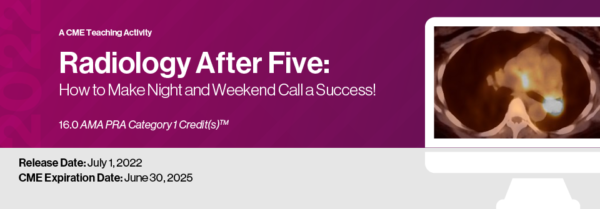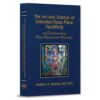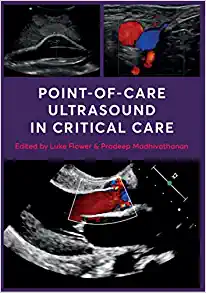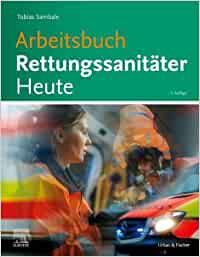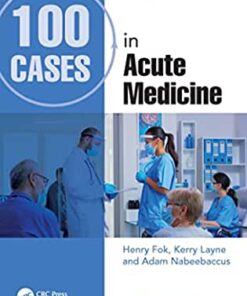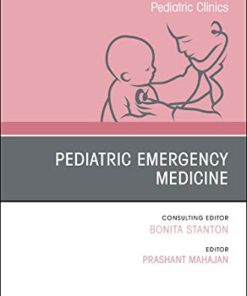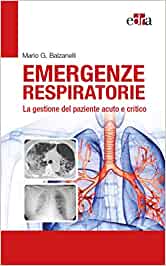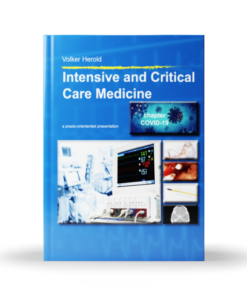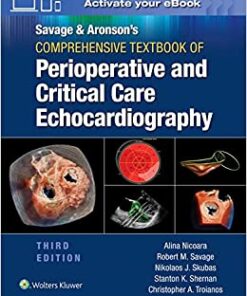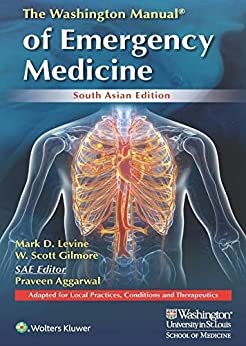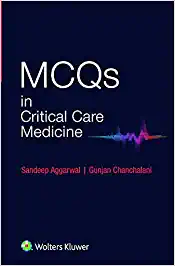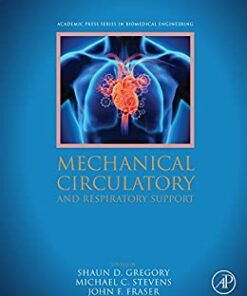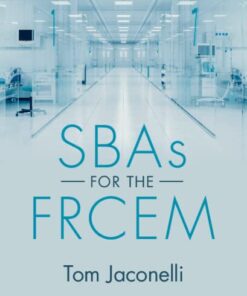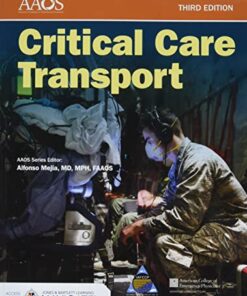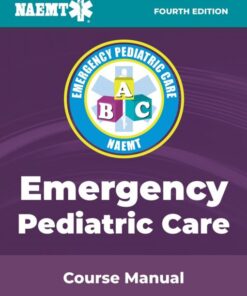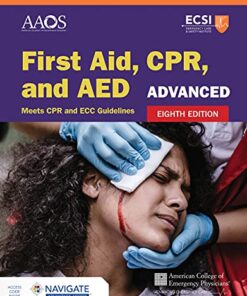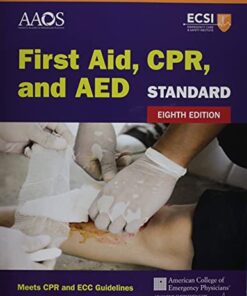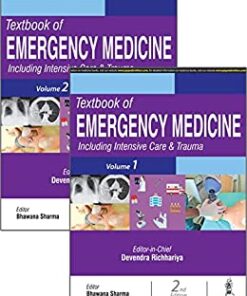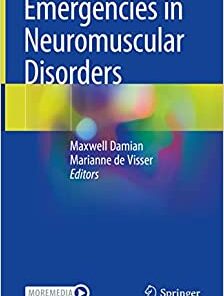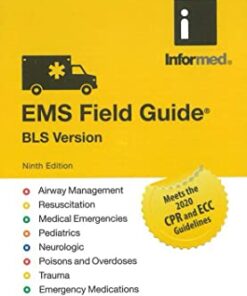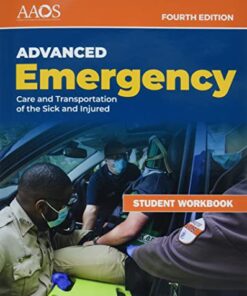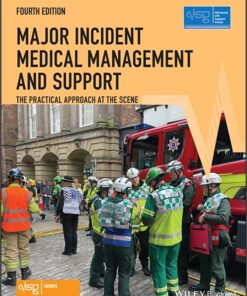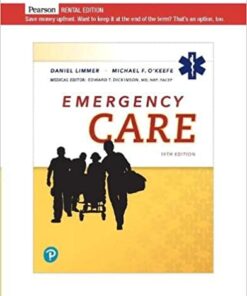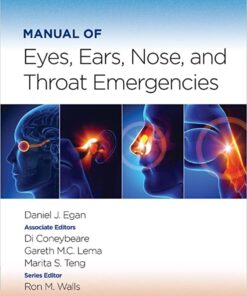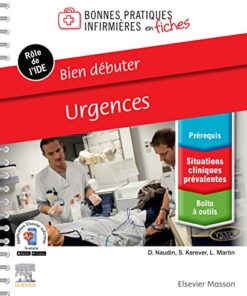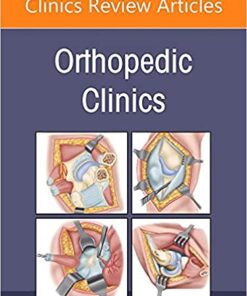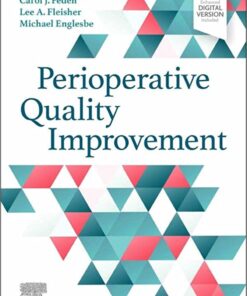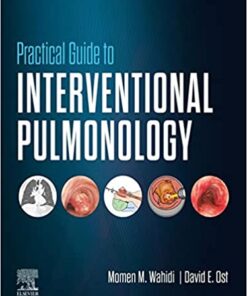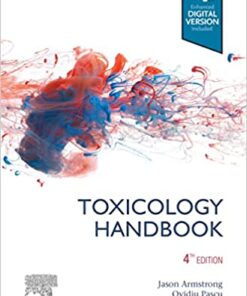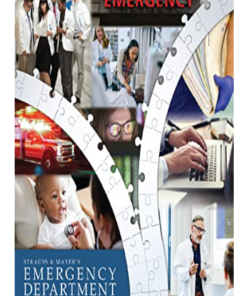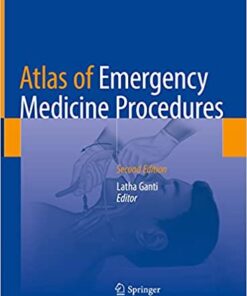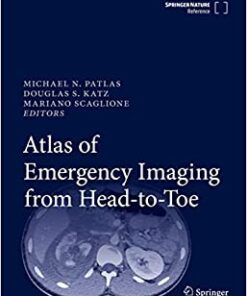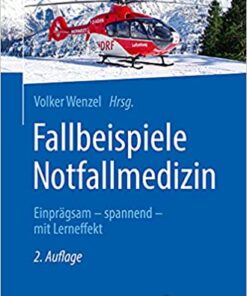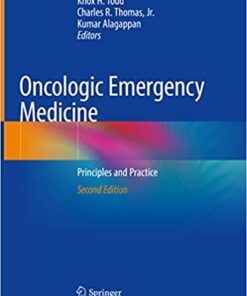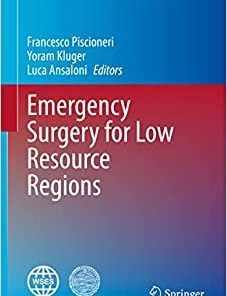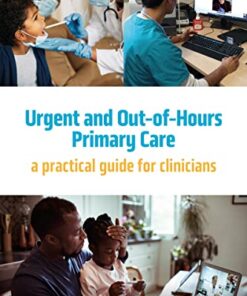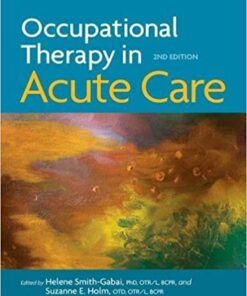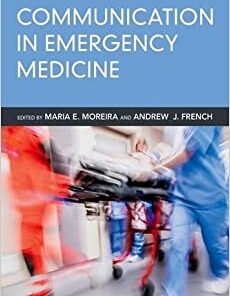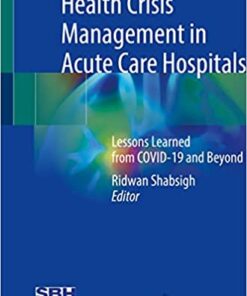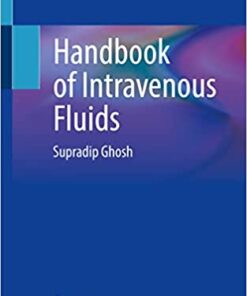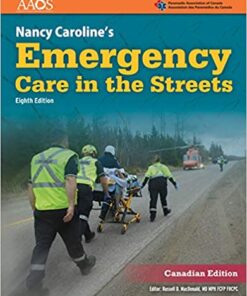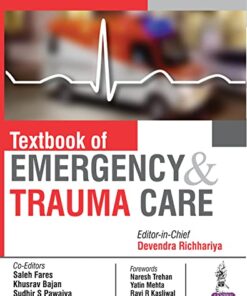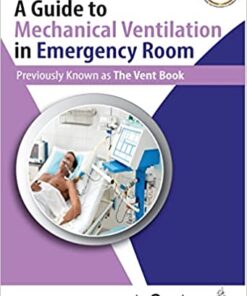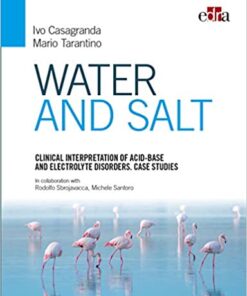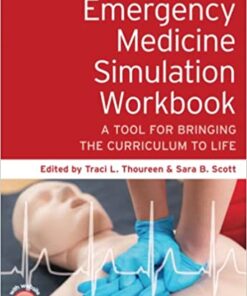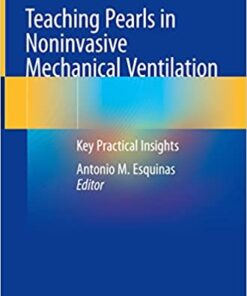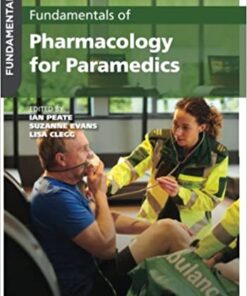This CME Activity is structured to provide important and clinically advanced, information for physicians and other medical personnel who provide or use radiology services in emergency and critical care locations. State of the art imaging protocols; advanced techniques and diagnostic pitfalls are emphasized so that studies can be performed and interpreted in an optimal and time efficient manner. Faculty share pearls and pitfalls of emergency room and critical care imaging while keeping patient welfare in mind. The need for careful and complete communication between the radiologist and the clinicians is emphasized along with modern compliance and reimbursement practices.
Target Audience
This course is primarily designed to educate radiologists, intensivists, trauma surgeons, allied health personnel and emergency medicine physicians. It should also be beneficial for those who order imaging studies and wish to better understand current applications of imaging methods and indications.
Educational Objectives
At the completion of this CME teaching activity, you should be able to:
– Discuss approaches to imaging of the most frequent and serious emergency and critical care problems that occur in their practice.
– Demonstrate an increased awareness on how best to respond to the wide variety of imaging and interventional situations that occur most often during the evenings and weekends.
– Optimize protocols to assess the trauma patient in a time efficient manner.
– Discuss the malpractice risks associated with trauma imaging.
Program :
National and Regional ED Imaging Utilization and Patient Access Trends
Richard Duszak, M.D., FACR, FRBMA
Thoracic Infection: A Multimodality Approach Including COVID 19
Charles S. White, M.D.
Thoracic Trauma in the Acute Care Setting
Robert M. Steiner, M.D., FACR, FACC
Pulmonary Embolism CT Imaging: Old and New Insights
Charles S. White, M.D.
“Long COVID19” Variable Presentation in the ED
Robert M. Steiner, M.D., FACR, FACC
Pediatric Chest Imaging in the Acute Care Setting
Beverley Newman, BSc, MB.BCh, FACR
MDCT Evaluation of the Patient with Acute Chest Pain
Charles S. White, M.D.
Medical Malpractice: Radiology Facts vs. Fiction
Richard Duszak, M.D., FACR, FRBMA
Pulmonary Imaging CT Case Presentations
Charles S. White, M.D.
Imaging the Patient with Acute GI Bleeding
Jorge A. Soto, M.D.
Right Sizing the Radiology Work Force to Meet Increasing Demands for Imaging
Richard Duszak, M.D., FACR, FRBMA
Imaging in Acute Pancreatitis
Jorge A. Soto, M.D.
GI Emergencies in Children
Beverley Newman, BSc, MB.BCh, FACR
State-of-the-Art Abdominal Trauma Imaging
Mark P. Bernstein, M.D.
Pitfalls in CT of Blunt Abdominal Trauma
Jorge A. Soto, M.D.
The Expert Witness: Friend, Foe, or You?
Richard Duszak, M.D., FACR, FRBMA
GI Interactive Case Presentation
Jorge A. Soto, M.D.
Imaging Foreign Bodies in Children
Beverley Newman, BSc, MB.BCh, FACR
Iatrogenic Misadventures in Children
Beverley Newman, BSc, MB.BCh, FACR
MDCT of Maxillofacial Trauma: Saving Face
Mark P. Bernstein, M.D.
Head and Neck Emergencies
Kathleen R. Fink, M.D.
Easily Missed Thoracolumbar Spine Trauma
Mark P. Bernstein, M.D.
Ischemic Stroke: What is Really Important?
Kathleen R. Fink, M.D.
Imaging Cervical Spine Trauma
Mark P. Bernstein, M.D.
Non Traumatic Intracranial Hemorrhage: Clues to the Diagnosis
Kathleen R. Fink, M.D.
A Night in the Hot Seat: A Practical Case Based Review
Kathleen R. Fink, M.D.
Release Date : 07/01/2022

